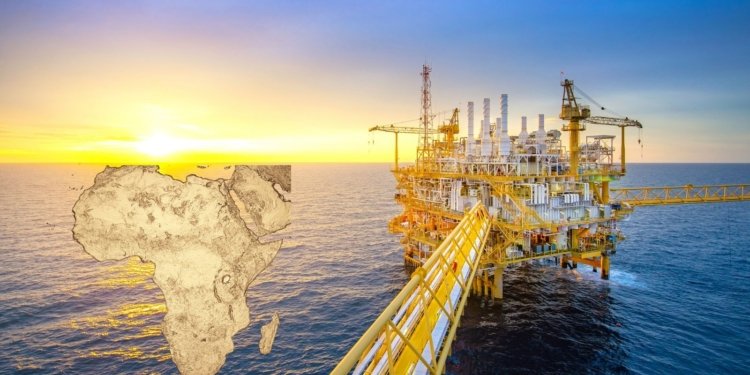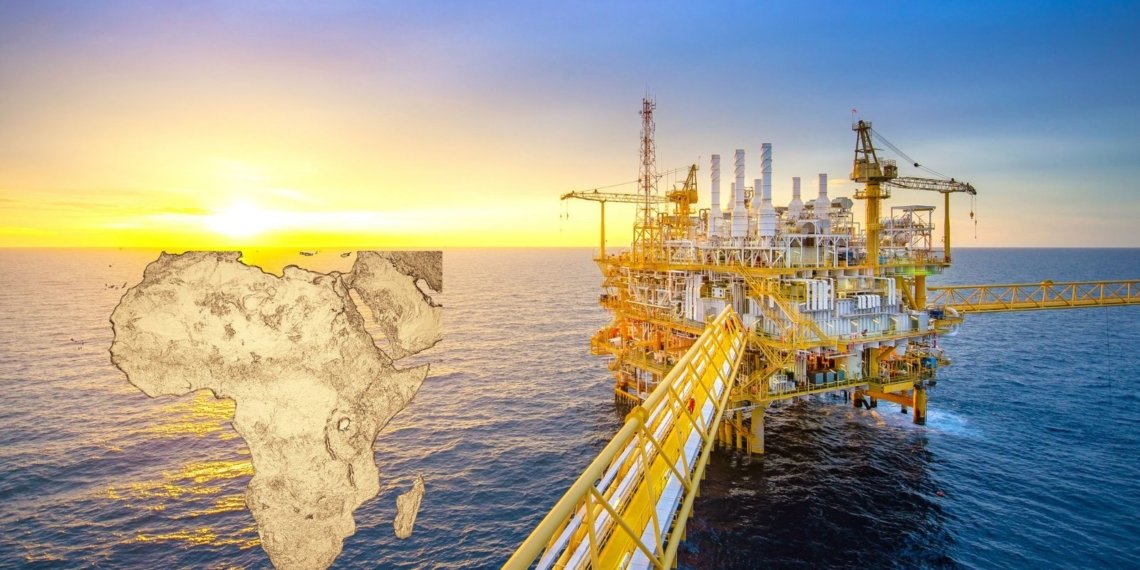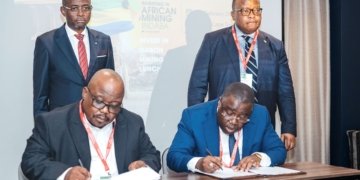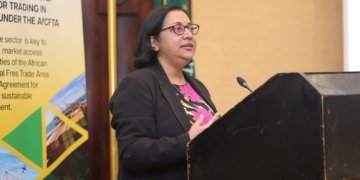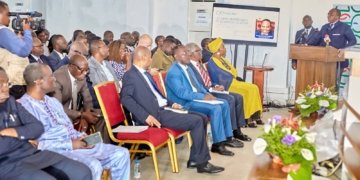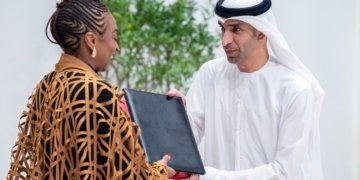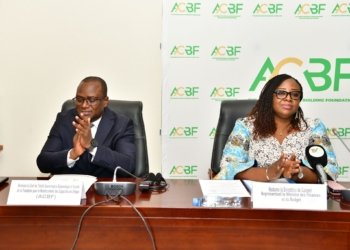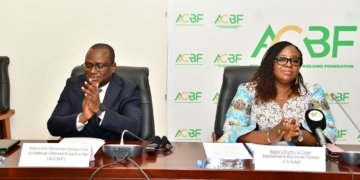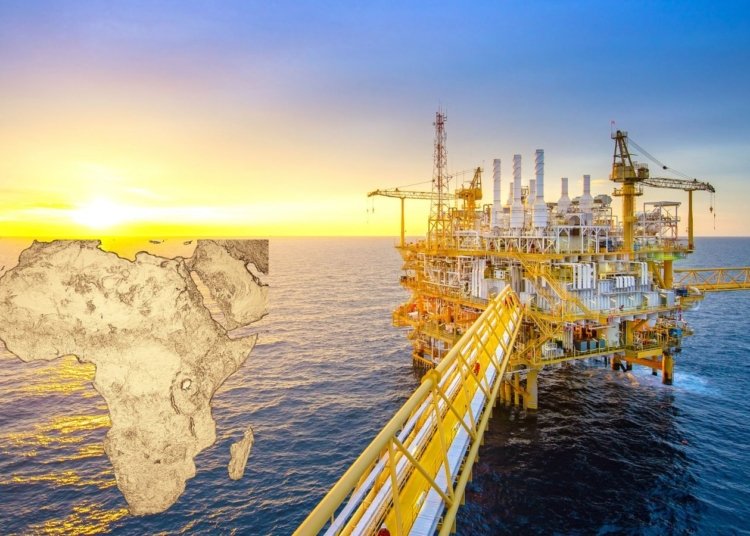ACCRA, Ghana (BG) – As global powers call on African nations to accelerate energy transition plans, leaders like NJ Ayuk say the continent must first address its most pressing crisis: energy poverty.
Ayuk, Executive Chairman of the African Energy Chamber, was in Accra ahead of the Invest in African Energies: Investor Briefing.
Speaking on TV3 Ghana, he pushed back against growing international pressure for African countries to abandon oil and gas.
“Where are you transitioning from? From the dark to the dark?” Ayuk said. “You might get clean air, but nobody wants to breathe clean air in the dark.”
Electricity access remains inconsistent across much of Africa. In Ghana, tariffs were recently raised by 14.07%, sparking public frustration. Ayuk said real energy access, not external climate goals, should be the priority.
“You’re competing for capital with Qatar, with Singapore. To attract investment, we must create an enabling environment, clear fiscal policy, infrastructure, and incentives,” he said.
Ayuk emphasized that oil and gas still hold the key to lifting African economies. He cited Europe’s own return to gas following the Ukraine crisis as proof that energy security often trumps idealism.
“The nations telling Africa to transition used fossil fuels to build their industries,” he said. “Now it’s Africa’s turn.”
Beyond foreign capital, Ayuk called for stronger support for African entrepreneurs and energy firms.
“Ghanaian companies will be the true drivers of growth,” he said, pointing to local LNG and drilling projects that could boost domestic supply.
But infrastructure remains a critical gap. “You could have gas or renewables, but without infrastructure, it won’t work,” he said.
Ayuk’s visit comes ahead of African Energy Week, the continent’s most significant annual oil and gas event in Cape Town.
He said Ghana is poised to launch 17 new projects by 2027 and must showcase its potential.
“Africa’s energy transition must be on Africa’s terms,” Ayuk said. “No one is going to do it for us. We have to build our own path, use our own resources, and lift our people out of energy poverty.”
